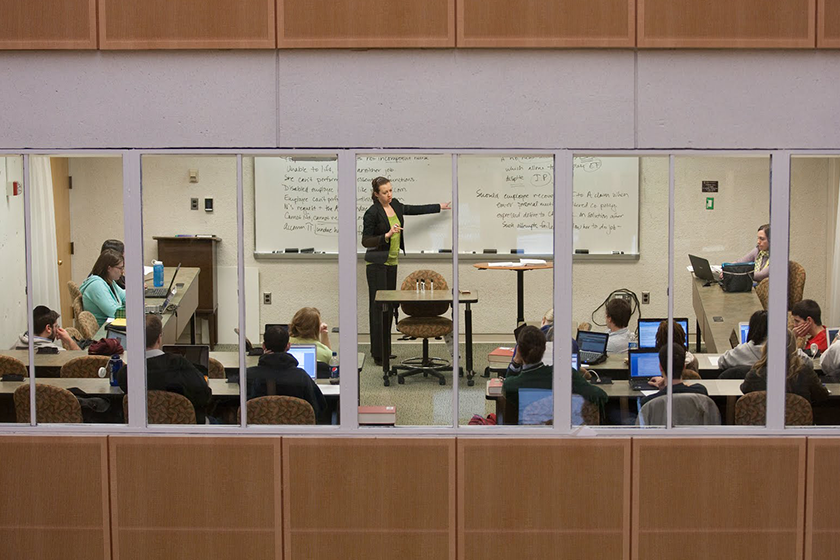Maybe I am not that old. Yet sometimes I feel that way with my students. Perhaps last week did not help. In my clinic, we were talking about what students wear to interview clients when they dress down during the day for school and then have to see clients in the office. I told them about my first legal aid office in Cleveland in the mid 80’s. We all thought we had to dress down for our clients but knew we had to dress up for court. To solve this problem for women, we had the denim wrap-around skirt in the closet—any woman who found herself running to any court could use it and all of a sudden seem somewhat professional. My students laughed at it. Really? They wore those? That was dress up? As the discussion moved to other topics, they kept saying, “Is that how they did it in the land of the wrap around skirt?”
The problem got worse a few days later. I moved from my clinical class to my poverty law class and was teaching about Lyng v. Auto Workers, a 1988 Supreme Court Case denying increases in foodstamps to strikers. All of a sudden, I realized I was relating absent-mindedly my memories of what that meant to people in the community I was serving in 1988 when I worked in legal aid office in Joliet Illinois to the workers who feared striking after the case. That’s more than 25 years ago—many of my students weren’t born! How old am I?
What are my students thinking of me? Can we relate to each other if these things are so much a part of me and so ancient and foreign to them? When I started as a clinical teacher, I felt young. My students seemed to think so, too. They could relate to me as a teacher but also a colleague. I was Spencer, not Professor Rand. We had some of the same formative experiences. Now, their parents are my age and my students look at me differently. And it makes me teach differently. Now, I have to learn more what they like and try to relate to it. I don’t send them to find information in books but teach myself how to get information electronically and try to keep up with them and learn like them. And hopefully I can connect with them. It is harder. It is worth it. Don’t believe me? Just watch! Or something like that. I hope they and I can keep learning.
In a few weeks, my poverty law class is getting to a section on work—labor unions, wage and hour claims, discrimination claims, and more. I have a lot to tell them about it. In fact, my family was involved in Schechter V. US, the 1935 case we always called the “Schechter Sick Chicken Case,” that I now know others called it, too. My grandfather was treasurer of the New York poulterer’s union and testified or was deposed in the case and told me all about it. Won’t it help hear my students to hear about that? Actually, it is probably good I have a guest speaker that day.
This article originally appeared on the Clinical Law Prof Blog.


